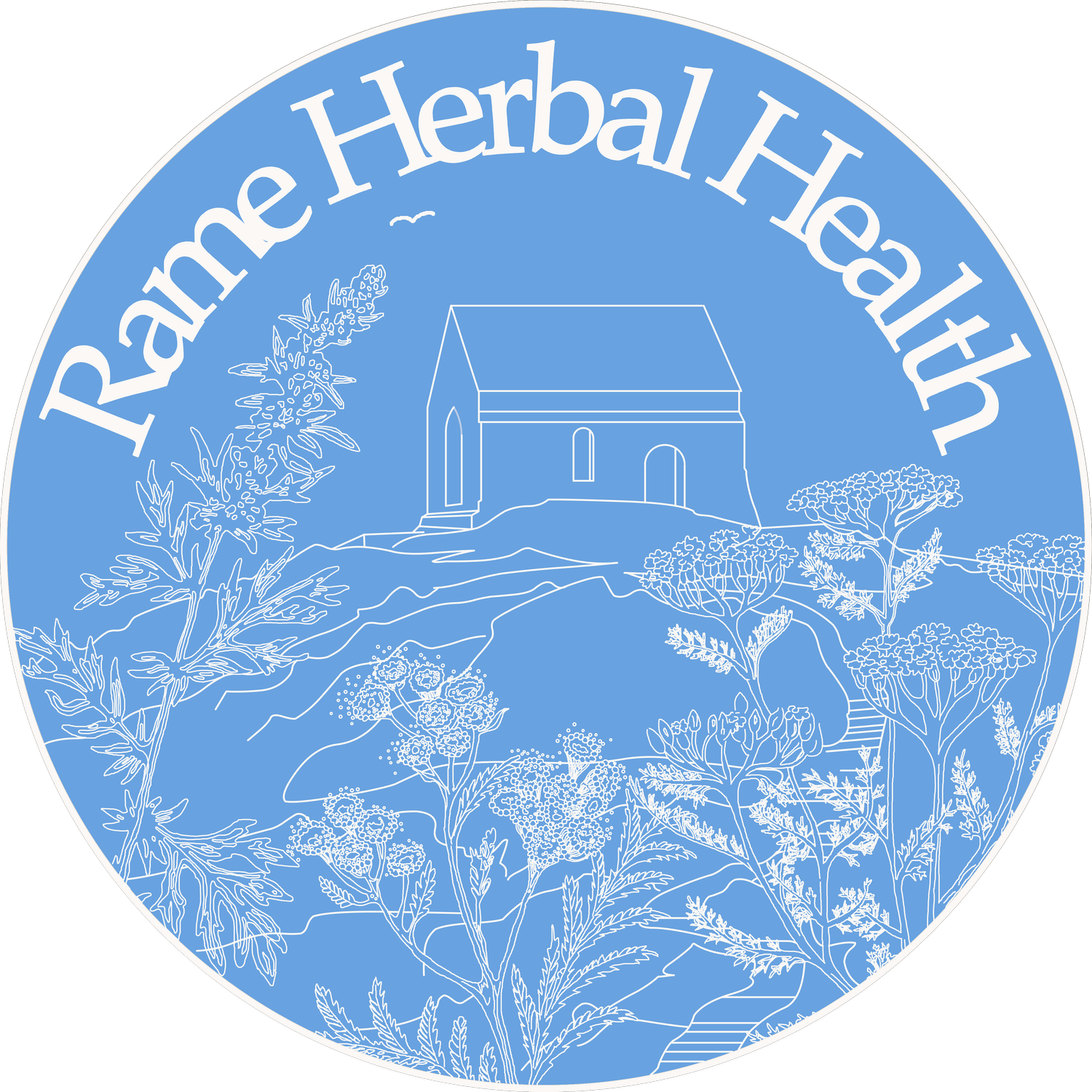Apple Cider Vinegar a Super Tonic
Vinegar is far more than a simple kitchen staple. It's a vibrant, living tonic with a rich history and many health benefits that have stood the test of time. At its heart, vinegar is born from a fascinating double fermentation process. It begins with a carbohydrate source like apples, grapes, dates, rice, or even plain sugar, which is mixed with liquid and exposed to yeast. This first fermentation transforms sugars into alcohol. Then, when this alcohol meets the air, a second fermentation occurs. Naturally occurring bacteria called acetobacters convert the alcohol into acetic acid. This compound gives vinegar its distinctive tangy bite.
A mass of beneficial bacteria and yeasts, known as “the mother” forms naturally during vinegar fermentation. Rich in enzymes and living cultures, it carries unique flavours and healthful properties. This is used to start new batches of vinegar.
Apple cider vinegar, made from whole apples, is especially prized for its nutritional benefits. Beyond acetic acid, it retains many of the vitamins found in apples. B vitamins like B1, B2, and B6, vitamin C, biotin and folic acid, all vital for energy, metabolism and skin health.
It’s also rich in trace minerals like potassium, magnesium, iron and calcium. Along with soluble fibre and powerful antioxidants known as polyphenols. Together, these compounds support the body in subtle but meaningful ways. Useful for easing muscle cramps, nourishing tissues and promoting vitality.
The quality of vinegar matters. The finest vinegars come from whole, unpeeled apples that are cold-pressed to extract juice. This preserves the living enzymes and probiotics. In contrast, mass-produced commercial vinegars are mostly pasteurised, stripping away many of these beneficial elements. Choosing raw, unfiltered and organic vinegar will ensure you receive all the health benefits whilst minimising exposure to chemicals.
Despite its sharp taste, vinegar has an alkalising effect once digested. This helps to balance the body's internal pH, a key factor in maintaining optimal health. Alkalising properties extend to the skin too. Vinegar sprays can inhibit the growth of harmful bacteria and yeasts, offering a natural remedy for fungal and bacterial infections.
Vinegar’s story stretches back thousands of years, woven into the fabric of human history. Ancient Babylonians used it over 5,000 years ago and traces have been found in Egyptian urns from 3000 BCE. Greeks and Romans alike used vinegar as a household essential for preserving food, enhancing flavours and healing wounds. Hippocrates, the father of Western medicine, prescribed apple cider vinegar mixed with honey and herbs (an oxymel), to treat a variety of ailments.
It’s ability to extract and preserve plant nutrients makes it an ideal base for herbal tonics. Safe for children, older adults, and those avoiding alcohol. These vinegar-based tinctures can last many months when stored away from heat and light.
Embracing vinegar as a super tonic invites us to reconnect with ancient wisdom and the living power of natural fermentation. Long valued for its ability to preserve, stimulate, and protect, vinegar offers a simple, accessible way to nurture health.
In recent years, vinegar has seen a vibrant revival. Research confirms potential to support blood sugar balance, improve insulin sensitivity and offer antimicrobial action against common pathogens. This could be a timely ally in the face of rising antibiotic resistance. It also supports digestion and satiety, helping to regulate appetite and stimulate metabolism.
But vinegar’s true brilliance unfolds when we infuse it with herbs. Adding warming roots, aromatic spices and immune-supporting botanicals transforms it into a potent, multi-layered remedy. Recipes like fire cider and four thieves vinegar exemplify this synergy. Blending vinegar’s foundational strength with the targeted brilliance of herbal medicine.
Try the following recipe — a fiery blend to support you through the winter months. Fire cider combines the power of vinegar with warming, immune-supportive herbs to help keep colds at bay, ease congestion and boost your circulation.
Image my own
Fire Cider Vinegar Recipe
Ingredients:
½ cup grated fresh horseradish root
½ cup chopped onion
¼ cup chopped garlic
¼ cup grated fresh ginger
1–2 fresh chillies (or a pinch of cayenne)
Zest and juice of 1 lemon
2 tbsp dried thyme or rosemary
Raw apple cider vinegar (enough to cover)
Optional: 1–2 tbsp honey (added after straining)
Method:
Place all ingredients (except honey) into a clean jar.
Pour apple cider vinegar over the herbs until submerged.
Seal with a non-metallic lid and shake well.
Infuse for 2–4 weeks, shaking daily.
Strain, bottle and add honey to taste if desired.
Take 1–2 teaspoons daily during winter, or more at the first sign of a cold.



